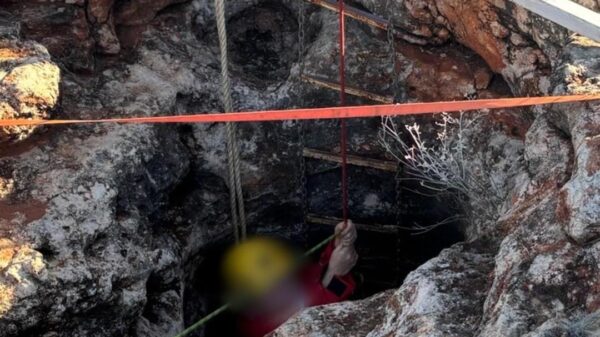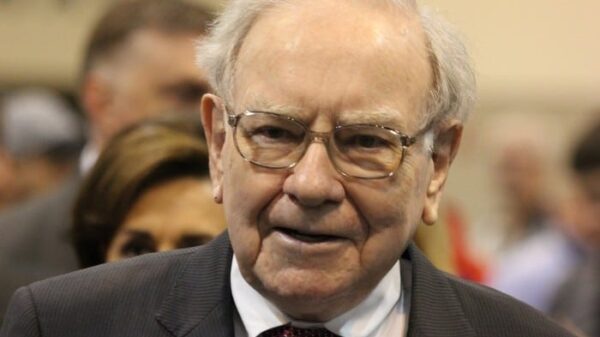UPDATE: In a shocking announcement on September 19, 2023, former President Donald Trump revealed a staggering fee hike for H-1B visas, pushing the cost to USD100,000. This 50-fold increase has left hundreds of thousands of skilled workers, particularly from India, in a state of panic, as they rely on these visas to secure jobs in the US tech industry.
The White House clarified the fee hike applies only to new hires and is a one-time payment. However, the implications are dire, threatening to disrupt the nation’s innovation pipeline and deter vital foreign investment. The H-1B program currently issues 65,000 visas annually, with an additional 20,000 for advanced degree holders. For many, this program has been essential in bridging the gap between global talent and American companies.
Economists are sounding alarms. Atakan Bakiskan warns that this fee increase could lead to a significant loss of human capital, further exacerbating fiscal uncertainties and raising the risk of a financial crisis in the US. “A weaker dollar, combined with such policies, can have long-lasting detrimental effects,” Bakiskan stated.
The tech sector, a backbone of the American economy, relies heavily on skilled foreign workers. Notably, Indian executives lead major corporations such as Google, Adobe, and Microsoft. This visa program has not only bolstered these companies but has also provided a pathway for skilled professionals to achieve their American dream.
The new fees will make it increasingly difficult for international students and prospective workers to enter the job market in the US. For many, the H-1B visa represented hope for a better future, allowing families to transition from modest beginnings to a comfortable middle class.
Critics argue that the H-1B scheme undermines American workers, but the reality is that it has been integral to the nation’s multicultural workforce, particularly in sectors like healthcare, where Indian doctors represent nearly 6% of all physicians in the US.
As the debate over the H-1B program intensifies, the stakes grow higher. America risks alienating some of the brightest minds from around the world, jeopardizing its status as a leader in innovation and economic influence. The message is clear: pricing out global talent could weaken not just the workforce but the very foundations of American power.
The repercussions of this fee hike are unfolding rapidly, and many are left wondering how this will reshape the future of skilled immigration in the US. As the situation develops, industry leaders and policymakers will need to address these pressing concerns to ensure the country remains a destination for top talent.
Stay tuned for further updates as this story evolves.





























































